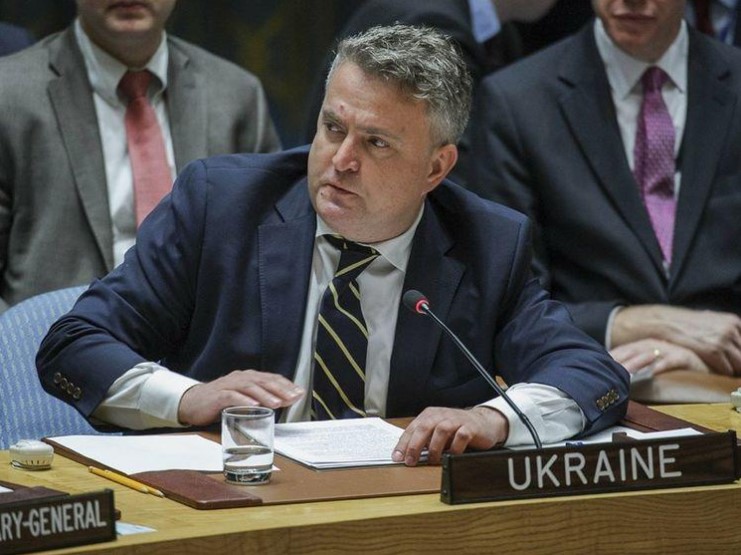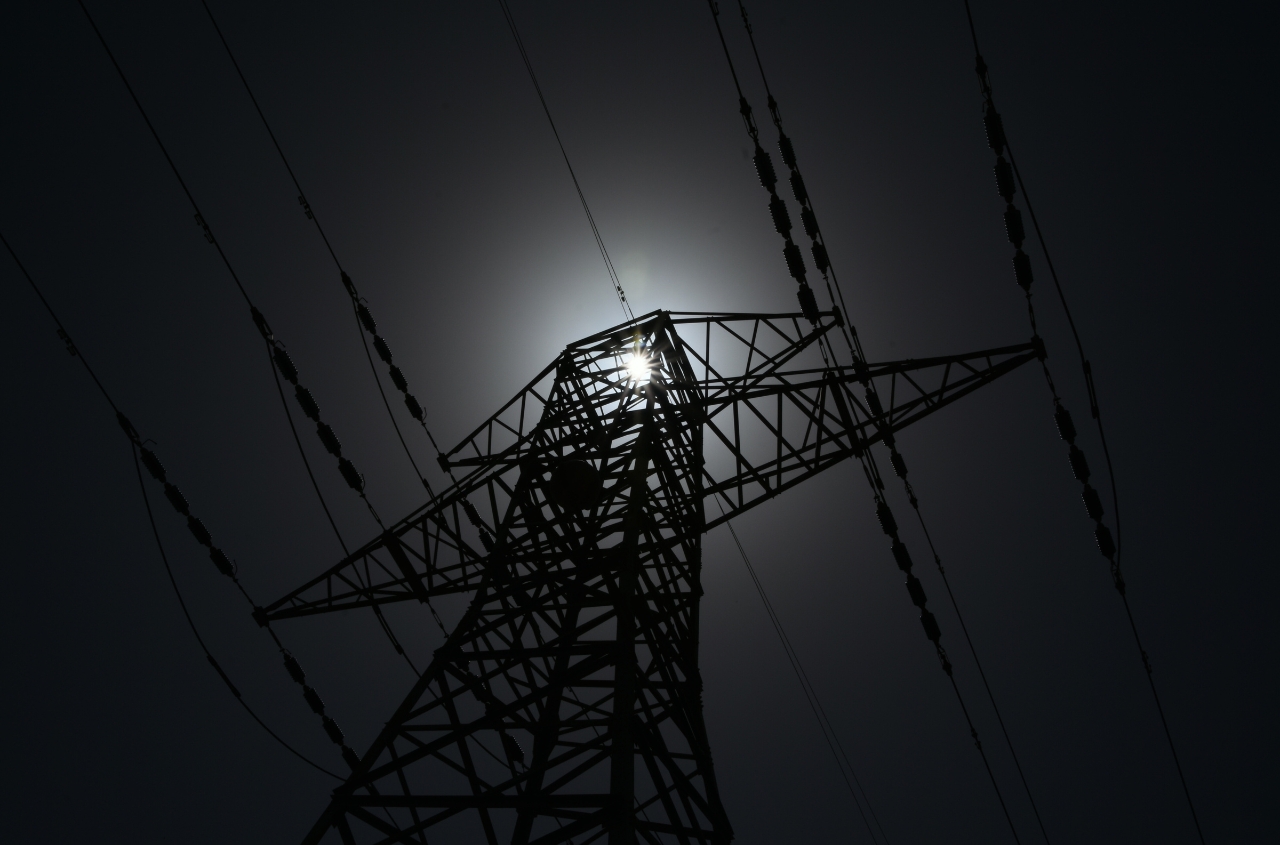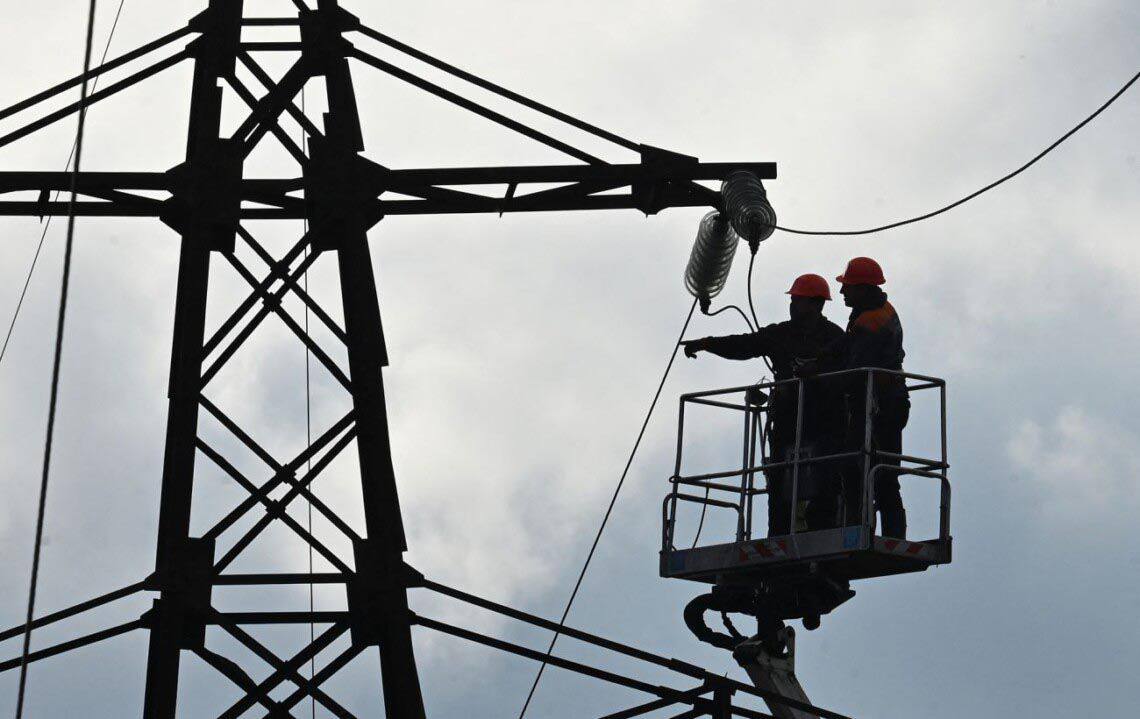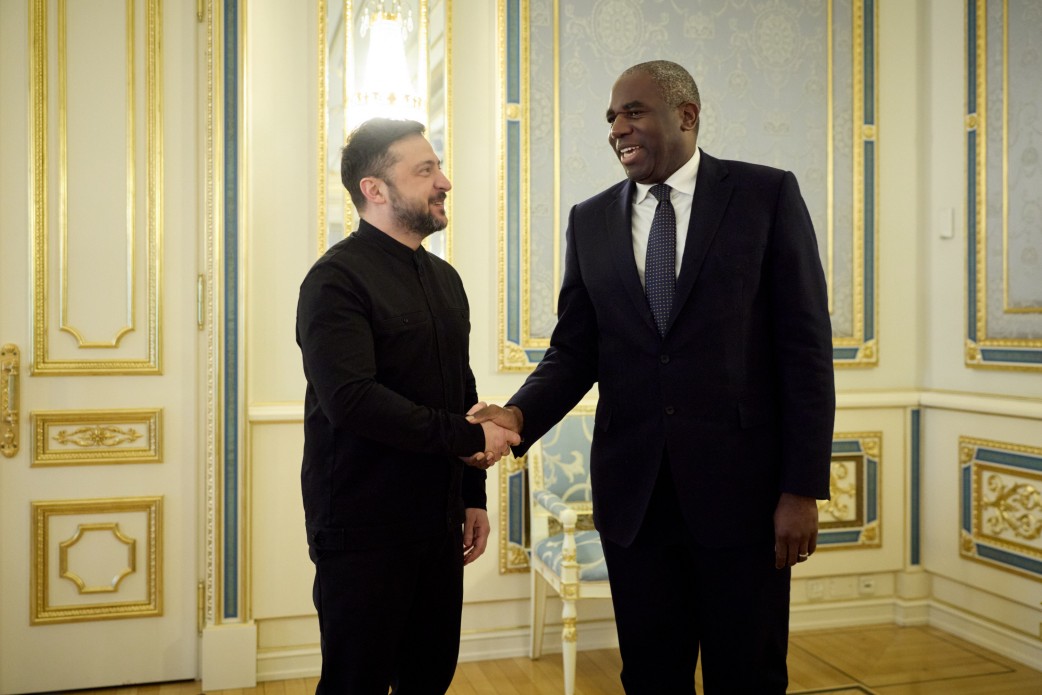In 2024, Russia carried out 12 large-scale strikes targeting Ukraine's energy infrastructure, launching approximately 1,100 cruise and ballistic missiles against these facilities.
Ukraine’s Permanent Representative to the UN, Sergiy Kyslytsya, highlighted this during a UN Security Council meeting on Monday.
"Last Friday's attack marked the 12th strike on our energy infrastructure this year alone. Russia used about 1,100 missiles—both cruise and ballistic—for these attacks," Kyslytsya emphasized, clarifying that these figures solely account for missiles aimed at Ukraine’s energy facilities.
He noted that the most recent attack was among the largest, involving 94 missiles and 193 drones. Kyslytsya expressed gratitude to Ukraine’s partners for their ongoing support in strengthening the country’s defense capabilities.
"Their contributions are not just acts of solidarity but critical steps to prevent genocide," he stated, calling these actions noble and principled commitments that will be remembered in history.
Kyslytsya also warned that Russia continues to use munitions containing toxic chemicals. Since February 2023, there have been 4,950 documented incidents involving such munitions, resulting in injuries to over 2,000 Ukrainian soldiers.
He further noted that Russia possesses substantial stockpiles of other lethal weapons, predominantly from Soviet times, with guided aerial bombs being among the deadliest. In the past week alone, Russia dropped nearly 500 guided bombs on Ukrainian positions and residential areas in Ukrainian cities.
The Ukrainian envoy pointed out that Russian forces deliberately target not only civilians but also Ukrainian rescue workers and humanitarian personnel.
"The intentional targeting of civilians, children, and emergency services is a war crime. This underscores the need for the international community to hold Russia accountable and intensify efforts to protect the most vulnerable populations in Ukraine," Kyslytsya declared.
He commended the work of the UN’s humanitarian team in Ukraine and extended gratitude to all organizations, partners, and donors contributing to these efforts. At the same time, he urged them to "keep Ukraine at the center of the global humanitarian agenda alongside other affected regions."





















